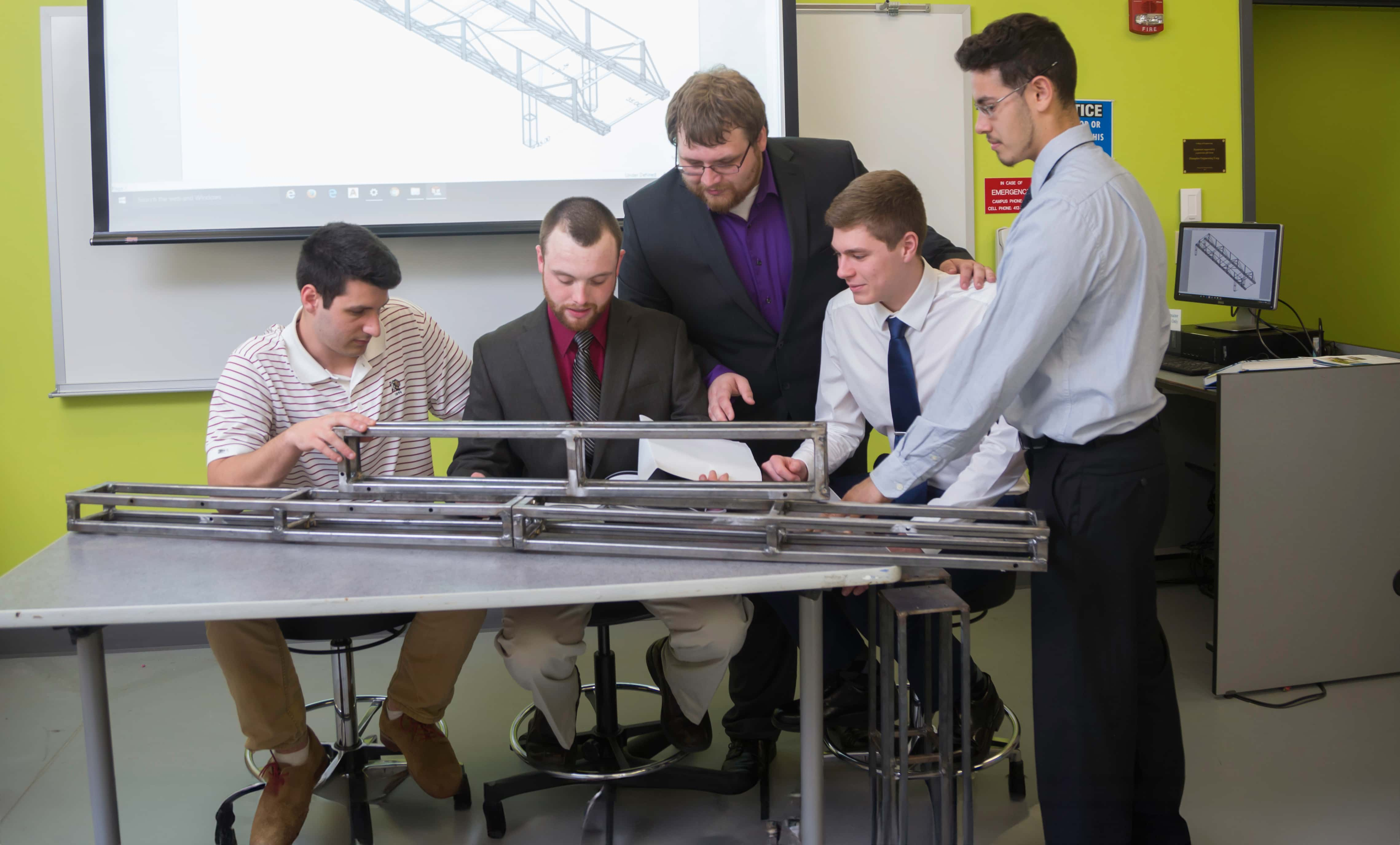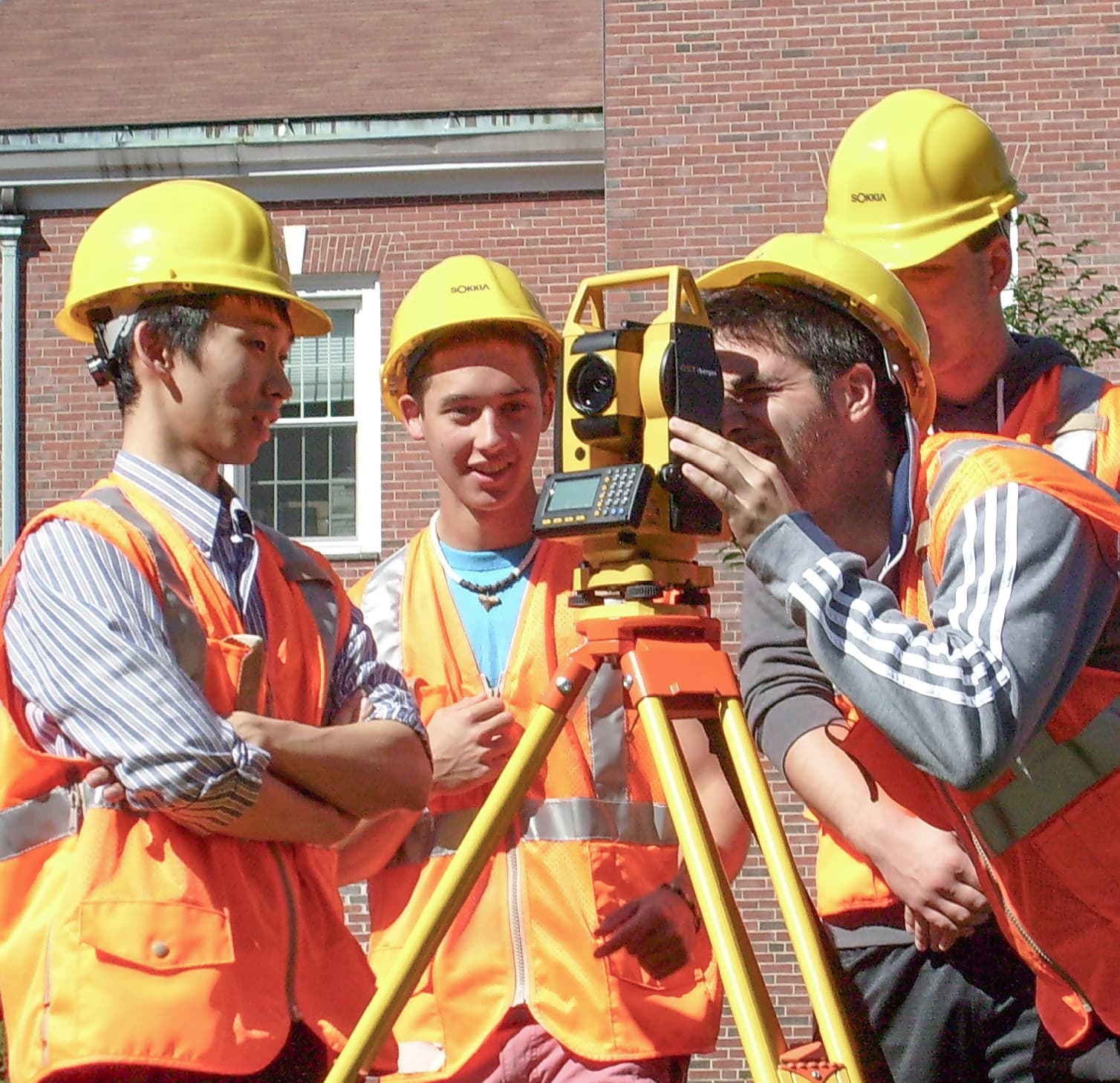Shaping Sustainable Infrastructure
The Master of Science in Civil Engineering program offers the advanced degree you need to take your career to the next level. Whether you are interested in full-time study or you are a working professional pursuing your studies part-time, our graduate term structure will allow you to accelerate your studies. The program can be finished in as little as one year studying full-time and as few as 21 months studying part-time. Classes will typically be offered once a week during the evening.
Why Choose the Master of Science in Civil Engineering?
Whether planning for the future, rebuilding after natural or man-made destruction of infrastructure, or modernization of antiquated systems, civil engineering projects worldwide are fueling an enormous demand for engineers who possess advanced degrees. With the MS in Civil Engineering degree from Western New England University, you will be prepared to take advantage of these opportunities.










